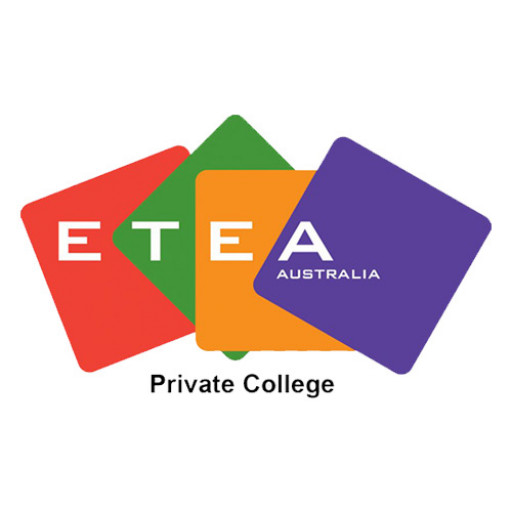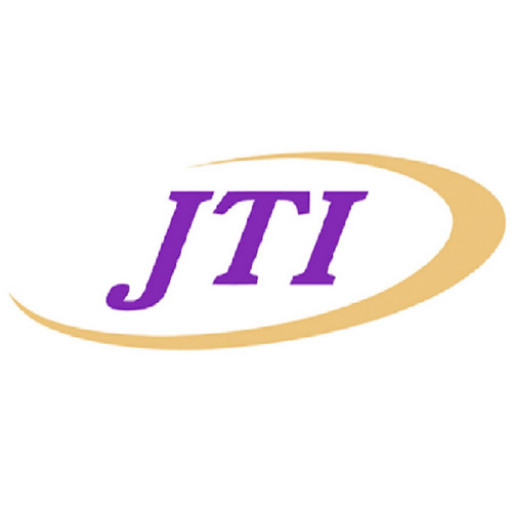Photos of university / #universityofleeds
Disability Studies at the University of Leeds offers a comprehensive and interdisciplinary exploration of the social, cultural, political, and economic aspects of disability. This program is designed to provide students with a deep understanding of the ways in which disability is constructed and experienced within society, fostering critical thinking and encouraging innovative approaches to policy, advocacy, and practice. Throughout the course, students will examine key themes such as the social model of disability, human rights, inclusive education and employment, accessibility, and the role of media and representation in shaping public perceptions of disability. The curriculum combines theoretical frameworks with practical applications, enabling students to develop a nuanced perspective on disability issues and to critically analyze existing systems and structures.
The program offers a variety of modules that cover historical and contemporary perspectives on disability, cover legal and ethical considerations, and explore international perspectives. Students will engage with case studies, participate in discussions, and undertake research projects that promote active learning and critical inquiry. The course is suitable for those interested in careers in social policy, advocacy, healthcare, education, or research related to disability and inclusion. The program is supported by experienced faculty members who are experts in their fields, as well as opportunities for fieldwork, internships, and networking events to enhance practical skills and professional development.
Graduates of the Disability Studies program at Leeds will be equipped with the knowledge and skills necessary to contribute meaningfully to the promotion of equality and inclusion in various sectors. They will be prepared to analyze and challenge prevailing attitudes and practices, influence policy development, and implement inclusive strategies that improve the lives of people with disabilities. Overall, the program aims to empower students with the critical awareness and ethical understanding needed to advocate for social justice and to create more accessible and equitable societies.
The Disability Studies program at the University of Leeds offers students a comprehensive exploration of the social, political, cultural, and historical aspects of disability. Designed to foster an in-depth understanding of the lived experiences of disabled people and the societal structures that impact them, this programme provides a multidisciplinary approach drawing from sociology, anthropology, law, health sciences, and education. Throughout the course, students examine key issues such as accessibility, human rights, social justice, and the representation of disability in media and popular culture. The curriculum emphasizes critical thinking and encourages students to challenge traditional perceptions of disability, promoting inclusive attitudes and policies.
Students will engage with a wide range of topics, including the historical development of disability rights movements, contemporary policy debates, and ethical considerations in medicine and social services. The programme also offers practical components, such as research projects, internships, and community engagement activities, which allow students to apply their theoretical knowledge to real-world scenarios. The teaching faculty comprises leading experts in disability studies, ensuring that students receive an academically rigorous education grounded in current research and best practices.
The programme prepares graduates for careers in advocacy, policy-making, education, healthcare, social services, and research. It also provides a strong foundation for further academic study through postgraduate options. Students benefit from the university's strong links with local and national disability organizations, facilitating valuable networking opportunities and practical experiences. By the end of the programme, students will have developed critical analytical skills, a nuanced understanding of disability in various contexts, and a commitment to promoting equality and social inclusion. The Disability Studies degree at Leeds is dedicated to empowering students to become informed advocates for change in society.
The Disability Studies program at the University of Leeds is designed to provide students with a comprehensive understanding of disability from interdisciplinary perspectives. The program encompasses core modules that introduce students to the social, political, cultural, and philosophical aspects of disability. These modules explore key theories and debates, including the social model of disability, human rights frameworks, and disability activism. Students will engage with topics such as accessibility, inclusion, marginalization, and the lived experiences of disabled individuals. The curriculum encourages critical thinking and analytical skills, enabling students to assess policies and practices related to disability across different contexts.
In addition to foundational modules, students have the opportunity to choose from a variety of electives that allow for specialization in areas such as health and social care, education, employment, or policy development. Practical components may include case studies, research projects, and placements that offer real-world experience and understanding of disability issues. The program emphasizes inclusive teaching approaches and collaborative learning, fostering an environment in which students can develop a nuanced perspective on disability matters.
Assessment methods typically include essays, presentations, group projects, and research reports, designed to evaluate students’ academic understanding and analytical skills. The program is suitable for individuals interested in careers in social policy, advocacy, education, healthcare, or related fields. It also aims to equip students with the critical awareness necessary to challenge and influence disability policies and practices in various sectors. The University of Leeds supports students through dedicated academic advisors and access to specialist resources, ensuring a supportive educational experience. Overall, the program aims to produce graduates who are knowledgeable, empathetic, and proactive in promoting equality and inclusion for disabled people.
The University of Leeds offers various financing options for students enrolled in the Disability Studies program, designed to support both domestic and international students throughout their studies. Prospective students are encouraged to explore a range of funding sources, including government-backed scholarships, charitable bursaries, and university-specific financial aid schemes. The UK Government provides funding opportunities such as Student Loans for eligible students, which cover tuition fees and provide living cost support, subject to application and eligibility criteria. International students may access external scholarships, such as those offered by the British Council or private foundations, which can help offset tuition and living expenses. The University of Leeds itself offers several bursaries and discounts, including the Leeds Bursary, which provides financial assistance based on household income, and other targeted funding for students studying specific disciplines or from particular backgrounds. Furthermore, prospective students should consider part-time work opportunities available through the university’s Career Centre, which facilitate flexible employment options on or near campus to supplement personal finances. Funding for postgraduate research degrees in Disability Studies may include dedicated research scholarships, doctoral funding schemes, or specific grants aimed at supporting research in social sciences and health disciplines. Students are advised to consult the university’s official website and the Student Financial Support Office for detailed information on eligibility requirements, application procedures, and deadlines. Additionally, the university provides financial guidance services to help students plan and manage their finances effectively, ensuring that financial concerns do not hinder their academic pursuits. International students should also explore visa-related financial requirements and strategies to secure funding prior to arrival. Overall, Leeds University’s comprehensive Financing studies approach aims to ensure that students from diverse backgrounds can access and complete their Disability Studies degree without undue financial burden, fostering an inclusive academic environment that values equity and access.
Disability Studies at the University of Leeds is an interdisciplinary programme designed to explore the social, cultural, political, and philosophical aspects of disability. The programme aims to provide students with a comprehensive understanding of disability as a social construct and to critically examine how disability is represented and experienced within society. The course combines theoretical frameworks with practical insights, encouraging students to develop analytical skills and empathetic perspectives.
Throughout the programme, students engage with a range of topics including disability rights movements, policy development, disability and identity, healthcare practices, and the impact of social attitudes on disabled individuals. The curriculum incorporates lectures, seminars, project work, and opportunities for independent research, fostering a vibrant academic environment that promotes critical thinking and active participation.
The University of Leeds is renowned for its commitment to social justice and inclusion, which is reflected in its Disability Studies programme. Students benefit from expert faculty members who are actively involved in research and advocacy related to disability issues. The programme also offers opportunities for placements and community engagement, allowing students to gain real-world experience and contribute to inclusive practices.
Graduates of the programme are well-equipped to pursue careers in social policy, advocacy, education, healthcare, and research, among other fields. The programme emphasizes not only understanding disability but also promoting equality and social change. With its balanced focus on theory and practice, the Disability Studies programme at Leeds prepares students to make meaningful contributions to creating a more inclusive society.








